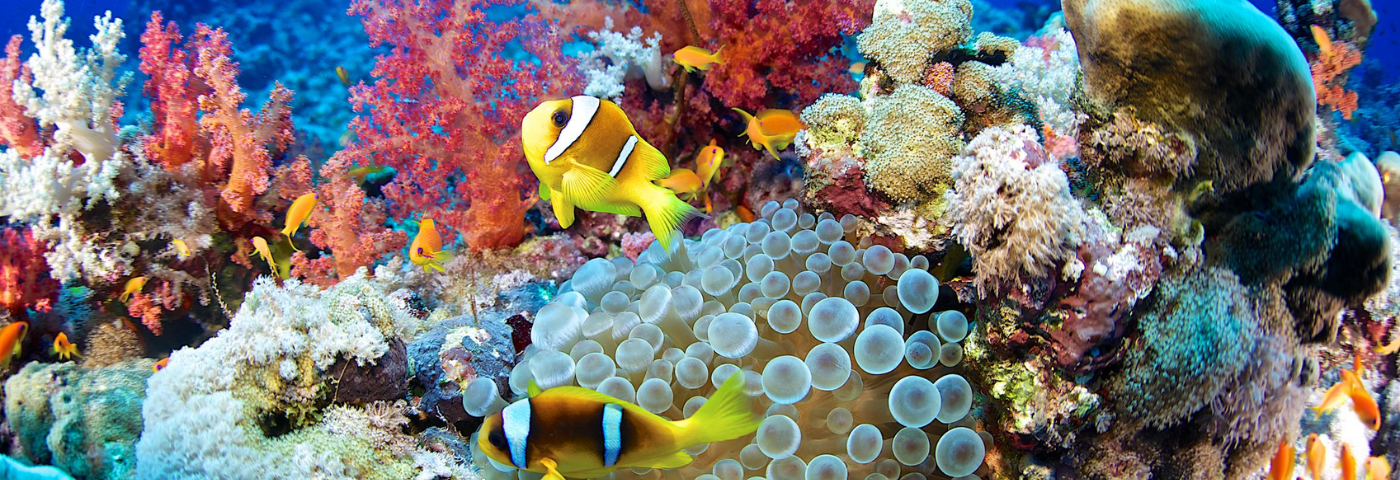Dieter Rudolph is the Executive Director for the Earth Island Institute project “Stop Fish Bombing SFB USA”. This project uses technology and community engagement in Sabah Malaysian Borneo to stop Fish bombing. A destructive practice that uses explosives to kill fish for consumption or sale, as well as indiscriminately killing animals in the blast area and devastating coral reefs. Read on to discover more about this incredible project from Dieter Rudolph himself…
Fish Bombing destroys the coral reefs – the Fish Nurseries – depleting fish stock and degrading food security. In 2018 a major NGO asked that we submit a STOP FISH BOMBING proposal after we shared successful proof of concept results from 2015 and 2017 that showed we can accurately detect and locate fish bombs. The Board deliberated and we were turned down. Was it because this seemed to be Mission: Impossible – the problem existed for so long but was not solved??
The fish bombing problem can be solved – our technology provides accurate blast detection/location information to marine enforcement reducing fish bombing in areas where our arrays are deployed by 80%. Local communities participate in safeguarding their reefs from fish bombing and NGOs can provide fast and accurate response for reef repair and rehabilitation works on blast-damaged reefs.
The Integrated Reef Protection System (IRPS) uses re-purposed ShotSpotter SST gunfire detection sensors for marine use. Sensors on land are paired to hydrophones for time of arrival fish blast location detection. Arrays are deployed in Sabah Malaysian Borneo near urban and remote Marine Protected Areas (MPAs). The Cloud connects arrays and radar to server, displays blast location in minutes on smart phone Respond App, alerts radar to track bombers and MPA exclusion zone penetration for enforcement response.
This 5-minute video frames the problem and outlines the solution:
M2 Marine Smart Radar with camera was installed last year that provides better tracking of bombers and IUU fishing. Exclusion zones will be added to alert the radar when penetrated to detect IUU fishing. The feeding of bomb alerts from the fish bombing arrays to the radar is a first and will become a developed methodology for working with law enforcement. Once the radar is fully operational a drone targeting the location of a blast alert will be integrated to provide photos of the reported location. The presence of a drone in a fish bombing area is also expected to be a powerful deterrent.
NEXT GENERATION IRPS development is underway. Mobile sensors with increased data capability will be deployable on boats and buoys to follow bombers as they migrate. The new sensor uses an off-the-shelf CPU, has a mini-PCIe card slot, adding Wi-Fi, Bluetooth, LoRaWan, and Iridium as new comms options. An NVM option allows adding a large hard disk for long-term data storage. The system will be scalable to allow expansion to other countries in the Coral Triangle with fish bombing problems. A boat outfitted for testing a boat-mounted sensor that can be deployed simply, like a fish finder is now available.
Technology needs:
- New hydrophone, cheaper, longer lasting.
- Boat hull mounting, techniques, and acoustics.
- Smart buoys or autonomous ROVs that can carry our sensor.
- Drones for added enforcement
Written by; Dieter Rudolph, Executive Director, Stop Fish Bombing USA an Earth Island Institute Project
Get your ticket for Oi Americas
If you want to find out more about the extraordinary work of this Earth Island Institute project. Visit us at Oceanology International Americas in San Diego from 14–16 February 2023. Dieter Rudolph will be sharing his insights, knowledge, and expertise at our End-use Case Studies in Understanding, Managing and Protecting the Coastal Marine Environment session on Wednesday 15th of February.


